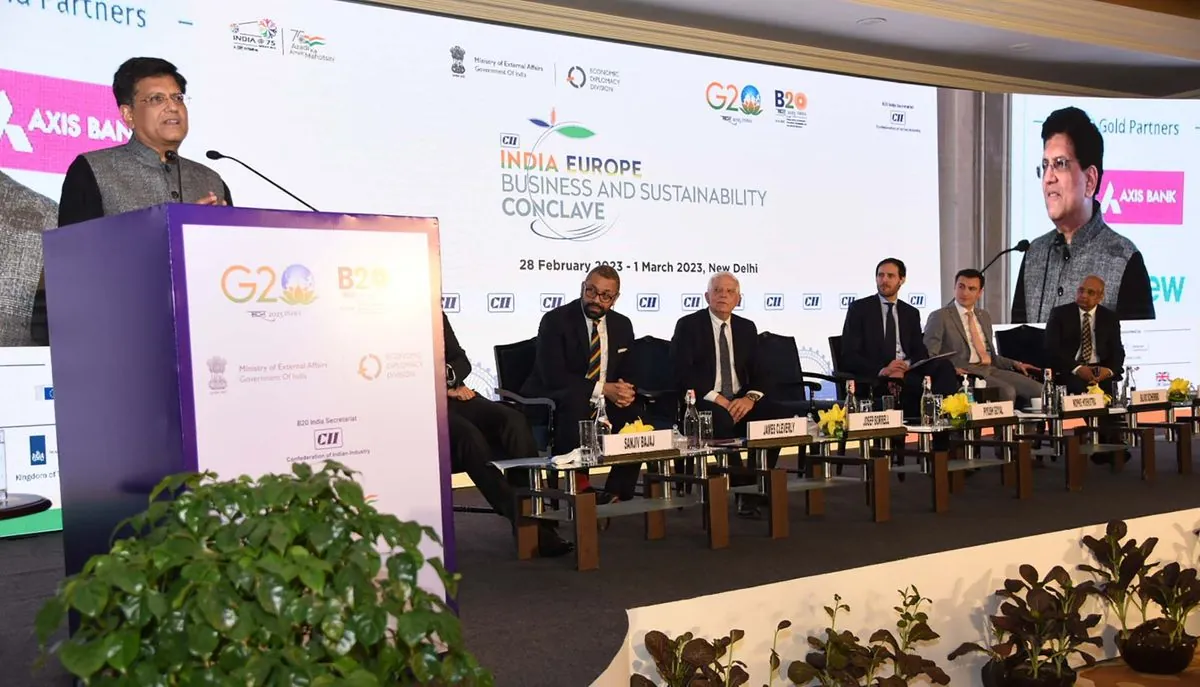SEBI Proposes Green Securitization in Sustainable Finance Expansion
India's market regulator SEBI suggests new sustainable finance products, including green securitization. The proposal aims to broaden investment options beyond existing green debt securities, emphasizing ESG factors.

On August 16, 2024, the Securities and Exchange Board of India (SEBI) unveiled a proposal to expand the sustainable finance framework in India's securities market. This initiative introduces a new investment product and broadens the scope of sustainable finance options available to investors and issuers.
The cornerstone of SEBI's proposal is the introduction of sustainable securitized debt instruments, also known as green securitization. These instruments are defined as having sustainable finance credit facilities as their underlying debt. This move aligns with the global trend of integrating environmental, social, and governance (ESG) factors into financial decision-making processes.
SEBI, established in 1992 to regulate India's securities market, has been at the forefront of promoting sustainable finance in the country. The regulator's latest proposal builds upon its previous efforts, including the introduction of green debt securities regulations in 2017 and the mandate for ESG disclosures by the top 1000 listed companies in 2021.
In addition to green securitization, SEBI's proposal outlines other sustainable finance options for issuers. These include social bonds, sustainable bonds, and sustainability-linked bonds, complementing the existing green debt securities. This diversification of sustainable finance products is expected to cater to a broader range of investor preferences and issuer needs.

India's sustainable finance landscape has been evolving rapidly in recent years. The country's first green bond was issued by Yes Bank in 2015, marking the beginning of a growing market. Since then, sustainable finance in India has experienced significant growth, with a 76% increase reported in 2021 alone. Experts project that India's green bond market could reach $80 billion by 2030, highlighting the potential for sustainable finance in the world's third-largest economy by purchasing power parity.
The expansion of sustainable finance options aligns with India's ambitious climate goals. The country aims to achieve net-zero emissions by 2070 and plans to install 500 GW of renewable energy capacity by 2030. These targets underscore the critical role that sustainable finance will play in funding India's transition to a low-carbon economy.
"Sustainable finance is the practice or process of investors taking environmental, social and governance (ESG) factors into consideration when making financial decisions."
SEBI's proposal comes at a time when global sustainable finance markets are experiencing rapid growth. The global sustainable debt market surpassed $1 trillion in 2021, reflecting the increasing importance of ESG considerations in investment decisions worldwide. With ESG investing now accounting for over $30 trillion in assets under management globally, India's move to expand its sustainable finance framework positions the country to attract a larger share of this growing market.
As India continues to develop its sustainable finance ecosystem, the country is also aligning with international best practices. In 2021, the Reserve Bank of India joined the Network for Greening the Financial System, demonstrating the country's commitment to addressing climate-related financial risks. Additionally, the Indian government issued its first sovereign green bonds in January 2023, further solidifying the country's position in the global sustainable finance landscape.
SEBI's latest proposal represents a significant step forward in India's sustainable finance journey, offering new opportunities for investors and issuers alike to participate in the country's transition to a more sustainable economy.


































